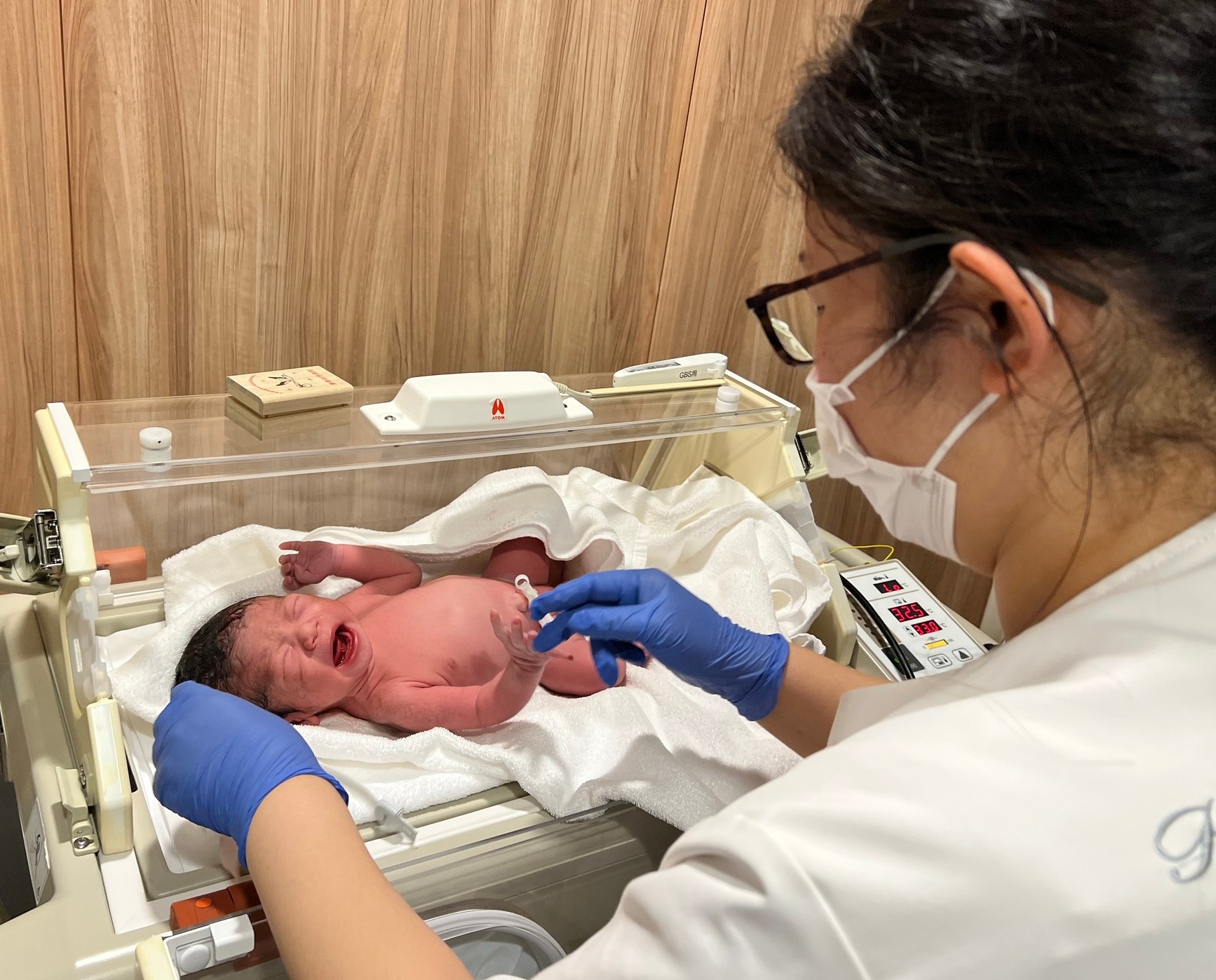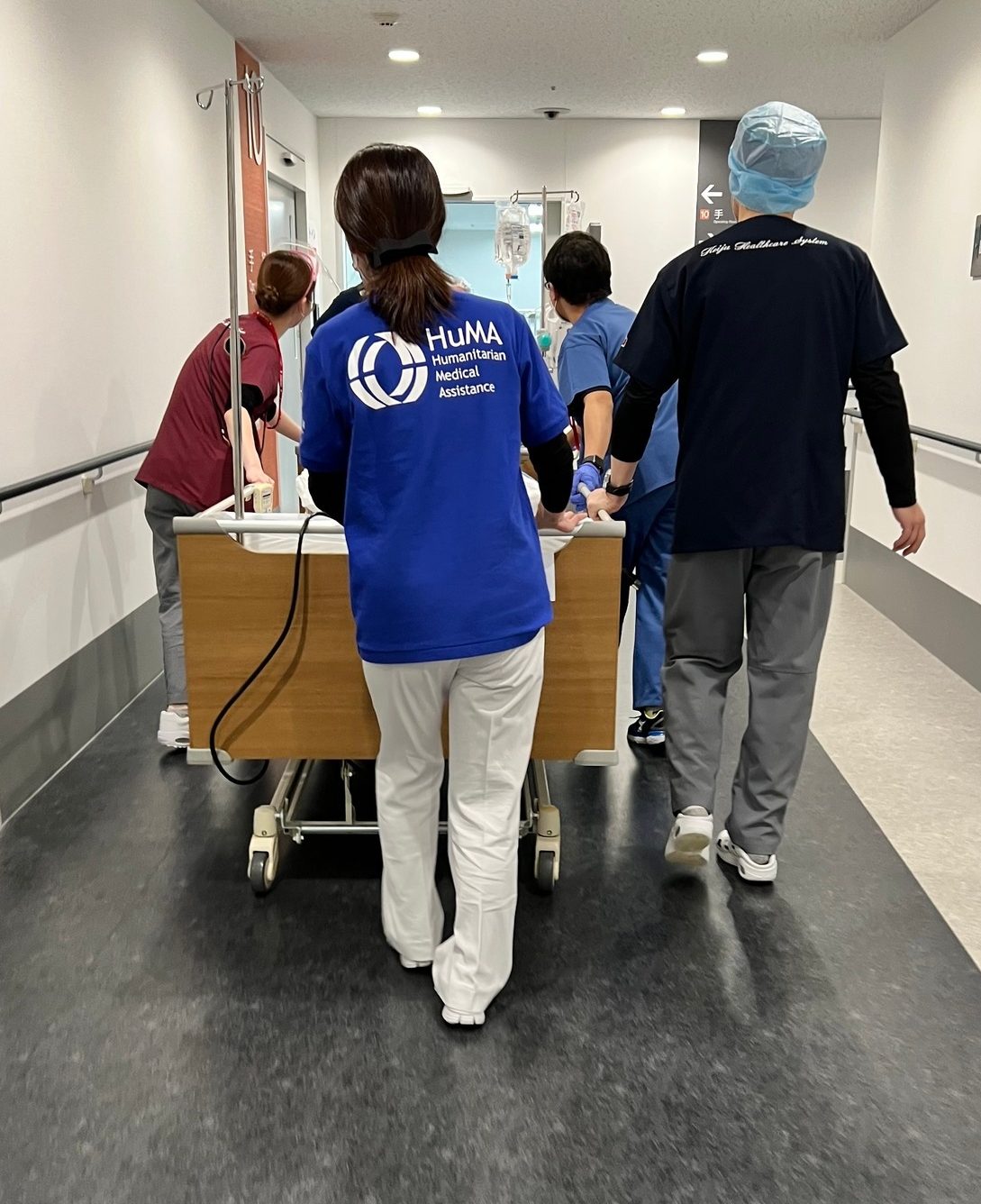Support is really a warm thing.
Something I’ve been thinking about lately. I thought that support for the affected areas is a joint effort between survivors and supporters. Working together as a team to help mother deliver the baby safely. Supporters are always warm like colleagues working together. It relieves fatigue and makes us feel that we did our best today, thank everyone for your efforts, and do our best again tomorrow. I think support is that kind of human warmth,” said a medical staff member who was a victim of the disaster.
This Keijyu Medical Center itself is a very warm place, and the atmosphere is felt by the patients. The other day, a patient came in for her first infertility treatment. She said with tears in her eyes, “I wasn’t sure if I should seek advice about infertility in the disaster area, and I thought I would be told to give up, but they were so kind to me. This shows that the challenges facing obstetrics and gynecology in the disaster area are not limited to childbirth, but that there are hospital facilities that can attend to all kinds of women’s problems.
In addition, a mother and child who came from Tokyo for delivery in their hometown were discharged from the hospital. She told us that she had given her baby girl, who was born at this hospital during the disaster in Nanao City, a name derived from the area. She told us that when the baby grows up, she wants to talk to her child about the disaster-stricken area, and that she hopes her child will grow up strong and grateful for the support of everyone at this hospital.
Today was calm, with no major movements than usual. A midwife who was pregnant (32 weeks) was in the pelvic position, so HuMA’s obstetrician/gynecologist instructed the other midwives on how to use ultrasound to measure the position of the baby’s head and estimated fetal weight. Dr. Arai, head of the department, also asked the HuMA obstetrician/gynecologist to give the medical staff a “gynecology comic storytelling seminar,” which she routinely travels around the country as a volunteer speaker, and conducted for about an hour. Gastroenterologists, residents, nurses, midwives, and others gathered to share a meaningful time. We were happy if we could provide a place where the medical staff could relax as much as possible.
There are many medical staff members whose homes were also affected by the disaster, who worked all day long, and when they finally returned home, their homes were still a mess, and they had no energy or time to clean up. HuMA will continue to support those affected by the disaster.
 |
 |

